 A recent sale has gotten me thinking about marketing. The sale is still on until May 24th, an Amazon-exclusive sale where Rydan is $0.99 USD ($1.39 CND) so check it out at a.co/d/bVe6Abp and share that link with anyone who loves Fantasy! Back on track: in addition to prepping for the sale, I’ve been reading David Gaughan’s newsletters about prioritizing marketing strategies and, well, it has made me rethink what I was thinking! I’ll first link David’s website because he is a wealth of information for self-published authors! davidgaughran.com/ I love his newsletters! Now I’m not going to go through the five ranks he does and share all that; that’s his expertise! And I also don’t think his opinions and ideas work for all people, all genres, or all budgets, but I will say he is very inclusive and has layers to his advice. I feel like almost anyone can learn something from him! No, I’m more looking at what’s working for me, or maybe not working, and where I want to go from here. I have had the pleasure of writing and having books published for five years. I have nine books out. I love writing and I actually enjoy editing (weird, I know), but, like many authors, the marketing and sharing of my work is hard! My favourite thing (and the thing I put the biggest emphasis on) is my website. It’s why I still blog; despite not having huge numbers, blogging does bring people by. It’s also easy to personalize to me! So I love my website! But unless someone is looking FOR ME (which is the point of having a website; I have to findable for people!! Otherwise, how can they tell if I’m real?), the website doesn’t jump to the top. If you search “fantasy author” you won’t find my website on page 1 by any stretch. If you search “D. Lambert, author” absolutely. But it’s not easy to get “drop by” people! My social media presence is a bit more organically reaching people. It’s mostly Facebook because it’s what I found most intuitive, but even when sharing to pages and groups, I don’t get a lot of engagement. I am dabbling more in Instagram as time goes on, and once I get videos reasonably running, I’ll probably expand into TicToc. But I don’t find audiences there, I’ve realized. I mostly talk to other writers, which is fun for its own reasons, but it’s not marketing. So it’s high time I up my game. I have outgrown my little pond. Time to level up. I’ll be following some of what David has discussed, although not all of it for sure. I’m realizing a lot depends on where you are in your journey. I suspect my next blog will be about the scams we face as I venture into new lands because that’s already happening! But it’ll be interesting to see what else I can do! Meantime, take advantage of the sale! Or, if you like newsletters, sign up for mine and get two free ebooks; an anthology and my first YA novel, Dragon’s Voice! Either way, watch this space as I delve into new adventures. Some group promotions below. I'll be cutting these back, maybe running my own or something as I try to provide better quality, less quantity! Let me know what you think of that too!
0 Comments
This month I was asked if I did videos. The short answer was "not often!" Thelogner answer is that I have some on the website and YouTube (www.youtube.com/@shakatdamen) but it's few and far between. Some readings, a few requests (library event etc) and such.
Can I do more? Sure. But what should I talk about? That made me think for quite a while. So when I’m asked what kind of writing I do, I often struggle in the moment to explain. I write fantasy, sure, that’s obvious. But how do I explain what I do versus what others write? I write epic fantasy, but also sword and sorcery YA. But that’s a category; it doesn’t say anything about who I am as a writer! Ultimately, I discovered that what I aim for is realistic fantasy. I realize it’s a bit paradoxical to use those words together, but it fits my style! Fantasy has fantastical elements. That doesn’t mean it has to be entirely out there. In fact, I would argue it shouldn’t be. And I’m not just talking about being internally consistent (which is, as far as I am concerned, mandatory for good fantasy). I meant having details and stories that make sense and are believable. It’s one of the reasons I started describing my stories as historical fiction in another world. To get there, I was doing a lot of reading. Son of No Man takes place in a ‘dark age’ tech level. While I found tons of information about later medieval periods from 1200 AD on, I had trouble finding important details on European 600-900 AD. I did find some great resources for life around the year 1000 though, which was eye-opening! It’s not just technology but ensuring there is depth to the world, including weather and seasons, food that makes sense, and dealing with bugs and illnesses, and so much more! So that’s where I stand; researching history to understand my own world better, a world that includes layers beyond the stereotypes even though it’s still European! Once I got my fill of that (ie. finished the series) I ended up ‘traveling’ more in the world… so that European bend will be going away too! I have decided to do a few videos following up on this… Things I got right, or things I got wrong when making my fantasy as ‘real’ as possible! We’ll see how that goes! Meantime, we have new plans coming up for freshening up the covers of the Son of No Man series, plus the release of "His Last Name," the spin-off of Kitable and Shimmer's final adventure after the end of the series. PLUS some sales coming up. Follow to be notified! Meantime, here are this month's promotions, and they're running out soon! All free this month! Just click to find a new free ebook! Growing up, I couldn’t fathom anything beyond a happy ending. I didn’t want to read a book that left me hanging or had me feeling sad. I remember the dread of getting to a certain point in the book, like looking at the time left on a movie, and realizing they couldn’t wrap the plot up satisfactorily in the time remaining.
Note that I said ‘satisfactorily.’ I have had a few books (Fire with Fire by Charles E Gannon was one of those!) where I got that feeling (they can’t make it!!) and they did make it… but it was hurried and ended up being jarring. It can feel like a Scooby Doo episode where they catch the monster, and Velma then explains the mysteries. That works for a 20-minute TV show, but it’s not as fulfilling for a novel. I was already invested in reading the whole book! I feel cheated when they cram all the things they never explained into a monologue from a bit character. Feels like cheating. On the opposite end, we have books that don’t finish. I’m not talking about leaving a thread or two open, but rather the entire thing. The "To be Continued" shock! I much prefer series’ with books that are complete by themselves but have a longer/larger plot that spans the series, however long. But I do want to know there’s an end. While I like many of the Dresden Files books, I’m getting tired of the bogeyman ‘Black Council’ figure that has been woven in since book 2 Fool Moon. He does slowly reveal more of it… but twenty books is a long time to wait! I realized that my first draft of book 2 (Celebrant) in the Son of No Man series had this issue. It wasn’t complete, it was just another step in the larger arc of founding Espar. But I’d done the thing I hated; left all the threads open! It took another draft to fix that, pulling together one of the subplots so it could be completed in that book alone. To avoid spoilers, I’ll just say it ends in fire! But even when I finish a series (or the standalones like “Dragon’s Voice”) I didn’t like the “wrapped up like a present” endings. Too Scooby Doo! What I default to is the bittersweet ending. Happy middle ground! While I will wrap up my novels, maybe leaving a thread open for sequels, I tend to have a ‘yes… but’ ending. Yes, they defeated the demon. But the magic has still been hunted to near-extinction. Yes, they have founded the kingdom, but Tohmas’ mind is being destroyed. Or, in the case of a book not yet published: Yes, they won the day and fell into each others’ arms, but they didn’t find the cure. Not perfect and pretty. Will that turn some people off? Probably. I don’t write perfect happy endings it seems. I get close but my need to make it ‘realistic’ (quotes are because I’m still writing fantasy!) still wins out! What kind of ending do you prefer? Check out some free reads below, but they end March 31st so grab 'em quick! We want things to be simple. Black and White. An absolute dichotomy. Of course, life is not like that. And that's what makes writing fun!
I got tired of evil villains a long time ago. No one was purely evil without being insane! As the expression goes, no one is the villain in their own story. We all think we are the heroes! So when I write, I work hard to find those ‘real’ villains who have depth to their story before bringing them in to interact with my protagonists. I was doing up a little ‘what I do’ vs ‘what I don’t do’ (see below!) and I realized I didn’t do villains who were just evil. The closest I came was the demon in Dragon’s voice and even HE considered himself very reasonable and his cause (self-preservation and research) just. Son of No Man series had antagonists, not villains, and in some cases, I couldn’t tell who I was cheering for! I started to think this philosophy was impacting my ability to write middle-grade or maybe even young adult novels. I thought maybe the idea of the shades of grey, without a clear right or wrong, isn’t conducive to that audience. But the more I thought about it, the more books I could recite that DID have complicated antagonists. It was so pervasive that I had all but overlooked it. So you won’t see me writing the ‘evil wizard taking over kingdom’ books. That’s ok though; there are plenty of people who will! There’s a place for those stories! It’s just not what I’m going to write. No different than my love of bittersweet endings that are happy, but with farther-reaching consequences. Or how I avoid overpowered characters (as cool as it is sometimes to read about them). I did have to take romance off the list of things I don’t do. His Last Name broke that trend. And I suspect the 'Chosen One' trope will show up... but it'll be twisted when it does! Sometimes, we all want the simple answer; there’s a hero and a bad guy. But for the times in between, I have what I do; a mix of people with opposing goals that cause conflict. What do you prefer? (Promos below- get them before February ends!) First the bad news: My links are down at least in part. I am shoring things up with temporary links but shunting through the publisher's links for now. This is due to an issue with the publisher's distributor and it's still being fixed. My older titles (Dragon's Talon, Dragon's Voice, SoulBurner) are unaffected. Just the Son of No Man series (Rydan, Celebrant, Northlander, Esparan, Traitor, King) has mixed availability. You can find me on the website: 4horsemenpublications.com/our-authors/d-lambert/ And all the links there appear to be largely ok.
Now back to your regularly scheduled programming: A short note about short stories! When I started writing, I could only write long prose. I was the kid who, when prompted to 'finish the story' in English class, I was never done because instead of wrapping things up, I was building things up! I wrote novels, not shorts, and not novellas or novelettes! My ideas were too epic! But as time went on, I realized I was missing out. You see, I think it's harder to write short than long! In long prose like Novels, you can follow those side tracks and beef up those characters and if things interest you down another road, you can do it! But in a short story, every word is precious. You have to keep things simple, hinting at the world around you but not exploring it. So much more is left to the imagination. In other words, you have to be a damn good writer to write short stories that work well. I am of course talking about the story that hooks you, carries you along, and then finishes strong! A LOT of short stories don't do that! I started by doing short stories 'excerpts' when I used parts of my novel and tried to make them short stories, but they didn't stand alone; they didn't wrap up. So I instead worked on doing short stories that were sort of 'from the other point of view' such as "Dragon Speaker" (amzn.to/38aZ9nE) where the story takes place concurrently to Dragon's Voice, but is the wizard's point of view. And "Someone" (https://amzn.to/3wpjfHO) is the story of Aleen... a side character you meet in "Dragon's Talon". I keep up with other short story writing because I truly believe it helps my novels! If I can write with the precision and care of a short story throughout a novel, then that's a great story! Now I need to write a new short story! I'm open to suggestions! Meantime; group promos below! Let's check in on the the Dancing Man....
The Dancing Man is a figurine I was given to help with drawing and painting when I was 15 years old. He's followed me through many moves, into a marriage, and into expanding that family. I don't know who drew on his face years ago. Might have been my sister (I wouldn't put it past her!) I mentioned him in an old newsletter post but spotted him recently on the windowsill and I wanted to share again! For many years, The Dancing Man sat on a bookshelf. Then, one day, I noticed he had moved. It took me a while to realize how. After all, I came from a family where for decades my father would move the owl on the mantle to sit on his tail, and my mother would put him back on his feet. We knew my brother in law would fit in the family when he started messing with them both by setting new positions. Sideways. Backwards. Blindfolded. After my father had retinal surgery, the owl sported an eye patch for days before my mother noticed. It was never discussed. It just happened quietly with both sides having their laughs behind the other's backs as they waited for the other person to notice! So, I was suspicious of my husband when my Dancing Man was found one day with his arms above his head. The next week, he was bowing. I joined in, moving him to be cross, his hands on his hips. I said nothing to the husband for months, but when I noticed it only changed on Wednesdays and that was too consistent for him... I confronted him. He was baffled. That's when I figured it out; our cleaner (and friend) came on Wednesdays. It went on for years and we still have not spoken about it. The Dancing Man has completed the YMCA dance, the Macarena, gone swimming, marched, crawled, and done some lovely ballet over the years. He even recruited a local statue to hug once and got into a fight with a wizard (and a toad). The Dancing Man hasn't moved lately though. Sadly, my friend stopped coming to clean because her health took a bad turn. Dancing Man hangs on a windowsill now, looking like he's back to a simple jig, as I wait for news about the results of her treatments. Chemotherapy wrecked her immune system, so she couldn't even visit for tea or see the kids. All we could do was drop care packages off. But the Dancing Man is my reminder to try to make time for that kind of silliness. We did it without saying a word, not needing recognition. I looked forward to Wednesdays to see what she'd come up with and so long as that little figure is still in my life, I'll remember her. Who says you have to grow up? Below are some freebies for Christmas in the Group Promos- lots of new authors to get to know! Also, the publisher 4Horsemen Publishing is doing a 30% everything with the Promo code 4HPHOLIDAYDEAL. Get it by visiting their website 4horsemenpublications.com/our-authors. Their catelog is very broad. And I mean VERY broad (including if you like erotica... so browse with caution!) But get this deal before Jan 1st 2024! Some of you might recognize this from a Newsletter many years ago, but that's only 18 of you (I was just getting started!) If you are one of those, I feel like I owe you a book or something! Reach out!
This post comes back to world building basics and covers something that can sneak under the radar at times. When making up a world, there are hundreds of details to decide upon. Some come quickly. Others... not so much. Time measurement was one such problem for me. I hate randomly finding a world that uses 60 minutes to an hour, 24 hours to a day conventions. It's odd enough how WE came into that! Turns out, (we think) that the 60 minutes and 60 seconds was from Babylonian times, where they also thought the year had 360 days (and the source of 360 degrees in a circle, by the way). The 24 hour clock seems to have come from Ancient Egypt, where the day and night were 10 measurable hours during the night, then one transtionary hour on either end of the count. The World of the Tainted has no Egyptians to dictate the hours and days. So how to measure time? I debated going to a metric-style clock but nature doesn't fit nicely into even numbers. And most of my cultures don't think in sets of 10 necessarily either! Lionians used 8s. Esparans prefer counts of 4 (a lucky number). So 60 didn't much work for them! Like our world, the answer depended on where in the world you asked the question. Lionians have sophisticated water clocks and have a 12-part clock with 4 sections to each hour. Esparans used candles of time, a unit based on how long it took to burn a section of a standardized candle (equalling about 1 hour). Enneads used time to and from sunset and sunrise. For some reason, I never used a sundial. Maybe some day! I also want to use the "using your hand to measure the height of the sun from the horizon to determine time" trick. (check that out here) Have you seen any amazing time-measurement ideas in fiction? I once was given some odd advice. To be an author, if you don’t read, start. If you read, stop. It’s a balancing act. You need to read to see what others are doing, learn the tropes and rules of your genres, and familiarize yourself with proper story structure. You can break those rules later, but you need to know them to start! So read lots and often. That said, if you’re reading while writing new stuff, you’re probably taking things from what you are reading, even if it’s at a subliminal level. You might be more upbeat after reading a romantic comedy. Or maybe you pick up a few turns of phrases or general plot points. Or perhaps that character you develop is like the one you read about… So if you want to write truly original material, you need to stop reading. I used to read a ton. I got saturated. I knew the tropes. I could predict most plotlines. I was bored with it. It was one of my main motivations for getting into writing myself. So I did as it said, and I stopped reading when I started writing. Most of what I wrote at first was indeed different. It broke stereotypes and threw in a lot of twists. I loved writing the ‘other side’ of the story, villains that made sense and were, so help me, smart. I wrote main characters that were conflicted and grey, who would be juggling insanity instead of demonstrating heroism. I had grouchy main characters. I loved it! Then I wrote Dragon’s Voice, which was far more typical than usual, and it remains one of my best sellers! I fell back onto some tropes perhaps. Years later, I am back to reading because it’s been too long. I’m sneaking in a few pages at the kids’ bedtime when it’s dark and I can’t be working. I’ve read four books this year doing that, a few pages at a time, slowly tiptoeing through books from essays to new releases in fantasy and SciFi. The trouble is that an author doesn’t read like a reader does. All these months, I have been training myself to spot prose and plot mistakes. But even more than that, I have learned to recognize where things aren’t wrong but could be better. In some ways, I can’t just read now. I am critiquing and editing the book I’m reading. It’s ruined me as a reader! I hope practicing will help, and one day, I can turn off that part of my brain. I know I learn from reading other authors’ work, but so far, I can’t just enjoy a book. I guess it’s a case of being careful what you wish for! I got my wish and became an author. I love writing and editing. It just came at the cost of my ability to read without analyzing it. Check out some freebies below and join my newsletter for first-dibs on these and other deals! AND all six of the Son of No Man series are now available as AUDIOBOOKS. Link below! (Cue soundtrack from Buffy the Vampire slayer's musical episode) So first, yes, LAST BOOK of the Son of no Man series is coming out SEPTEMBER 20th and the link is HERE for pre-orders! Now, let's start with where we are! Literally, because I'm still there. Dragon Con. I’ll start by explaining: Dragon Con is a huge (like 5 hotels + big) conference for fans by fans. Meaning it is a geek’s Christmas. It covers art, books, pop culture, filmography, writing, a “Walk of Fame” line up of guests, books signings, talks by celebrities, parties, and cosplay. And the cosplay is everywhere. In my first day I hung out with a wookie (no stilts but still like 7’ tall), saw a dalek, dodged a contingent of Mandalorians and walked in the wake of a dozen Barbies! So while husband got to see some of his favourite actors/actresses from Serenity and ask questions of David Weber, I tagged along and attended some writing panels and workshops with the likes of Patricia Briggs and Cat Rambo. I realized that I am a generalist nerd. I can talk about most of these topics, but I’m nowhere near hardcore on any one of them. Except for writing. In writing, I could hold my own fine, and even had more experience than some of the speakers. It’s not a writing conference, so that’s ok, and I still learned some new tricks and tips. I'll share pictures when I get back, but let's get to the final message from this supportive group of fun-loving geeks. Have fun! I think we all need to let go a bit and just get silly. My writing does that; silliness like a fairy dragon that thinks people stink, or a witch casting spells when she sneezes. Like a dragon skull with a dagger in it that will change the course of one poor kid during the French Revolution (it came up…) I’ve been editing a lot but now I’m back to writing. That’s how I’ll get my silliness out! To that end, I’m asking a question: Where do we go from here? Below are two book blurbs. Which would you like to see out in the Summer/fall of 2024? Let me know below! And share this around! The more votes, the better. VOTE HEREOption 1: Lione The Warrior will bring down Lione, or so the prophesies say. Aurion Illica is proud to be a Councilman of the Lionian Sovereignty. But as corruption taints the Council, assassinations shake the Sovereign's power, and the rebellions of the slave races, particularly the Nurmi savages of the Corelands, threaten to extinguish the greatness of Lione, Aurion must choose between Lione and his own life. Lania is the Warrior of the Nurmi, born as a half of the religious incarnation of prophecy. She will destroy Lione and free all people from the monsters of the south, killing as many Lionians as needed to achieve her goal. But as they cross paths, Aurion begins to see that the Nurmi are not mere savages, and Lania is forced to recognize that not all Lionians are faceless Conquerors. Only by working together can the two mortal enemies save both peoples in this time of great upheaval. Option 2: To walk into the Sands Should the Seers ever leave the lands of Nanterac, all the peoples will perish. Askaran knows he must walk into the sands before his sanity slips and his tainted blood destroys the only waters on the desert world of Nanterac. But his home city is overrun and the only remaining desert seer is a child needing his protection. Insanity must wait. When Funanya stumbles across a mysterious lone hunter in the desert, she considers it to be a great fortune. But in capturing Askaran, she unwittingly accepted custody the last desert seer as well. Now, Funanya's own people want her dead. Once enemies, Askaran and Funanya must rely on each other to set the seer on her prescribed path and save the waters of the desert world. All the monsters of Nanterac, human and demonic, will stop at nothing to claim the powers of the seer. Only Askaran’s demonic and Funanya’s spear will stop them, if they can hold off the demon tearing through Askaran’s mind long enough. SORRY VOTE IS OVER!!!And thanks! Here are more of the deals for this month!
Did you know we have Book Club questions?
It's true! All 4 Horsemen Publishing books have ten Book Club questions in the back! It's convenient and fun! I admit, it was hard to come up with questions that didn't sound like a true/false quiz from an English Teacher as I wrote these! Still, I enjoyed the challenge of creating questions that would stimulate discussion. Everything from themes to philosophical points, to character development and consequences! Here are some of my favorites, plus my answers, from across the six books (no spoilers). Which character did you most relate to? Why? So hard to pick one! Every book has its favorite! But overall, it's Sori. Perhaps I'm not as tough as her, but I get her feelings of alienation and cheered for her as she realized she didn't belong but refused to change. She still carries her half-dozen knives when her people expect one on a woman's hip. She couldn't lead, so she moved into the background and got the needed results. There is no magical healing in this world. Does that make the world more or less enjoyable to read about? I loved doing this. I didn't want it to be easy. Having the ability to heal wounds lowers the stakes in the books. In Espar, you can't wave a wand and just be cured. When my characters get injured, they either heal slowly naturally or they die. Many carry deep scars. They limp, lose an eye, get disfigured... Consequences are real in these books! What do you consider the biggest theme in this book? What scenes or characters best demonstrated that theme? Whoooo boy. I'll answer for the series. The biggest theme for me is loyalty. Tohmas and Carsh's relationship is my best representation of it, especially a scene in the last book, "Traitor." But there are many more! Lance's character arc. Darknim's. Sori's. Arnika's... How did your opinion of Tohmas change over the story? This is fun! While I wrote the series, Tohmas started as a neat character with an unknown past. For those who haven't read other posts, I am a pantster (I write by the seat of my pants... meaning I don't plan it all out!). I didn't know who he was or where it was going when we started. I knew he wasn't who he said he was. He was a mystery, but he was well-spoken and collected; he knew what to say to get something done. At first, I respected him. But then I saw more of him and how he would manipulate things, very much an 'ends justifies the means' kind of man. That was spooky. Honestly, by book 3, that man terrified me. Did the Goddess Inac truly gift SoulBurner, or are you skeptical like Kitable? What evidence do you have for true divine power in the series? The answer to this is in Book 6 but no spoilers, so I'll just say I was skeptical. I wasn't a believer. Kitable was my voice coming through, trying to make it untrue. Is Inac real? Does she come to earth? But we have some evidence of true divine power in the books, from Celebrant Calanor's powers to Loni's amazing influence and madness. Should all fights be fair fights? Do you feel either side cheated? Yes, they cheated. Honestly, both sides cheated. They were underhanded and cruel. But fights don't have to be fair. The shorter the fight, the better... so long as one's on the winning side. That's how I've always seen things. We don't want a fair fight. We want the good side to win, don't we? Who is the noblest character in the book? Why? I thought this one was easy, but then I followed Lance's arc too far. So which character upholds true character and nobility through it all? You could argue that it's Lance, Darknim, or maybe Barnon, but for me, it's Prince Sol. He didn't stoop when others did. There you have it! Examples of the Book Club questions stolen across the six books and answered for the whole series. Every book has them! And even if you're not using them for a Book Club, answer them yourself for a bit of fun! Lastly, check out the freebies below, on for one more week. I loaded up on free, so find a new book, get to know a new author, and check it out below! |
D. Lambert, authorFantasy novels that entice, inspire, and entertain. Archives
May 2024
Categories |




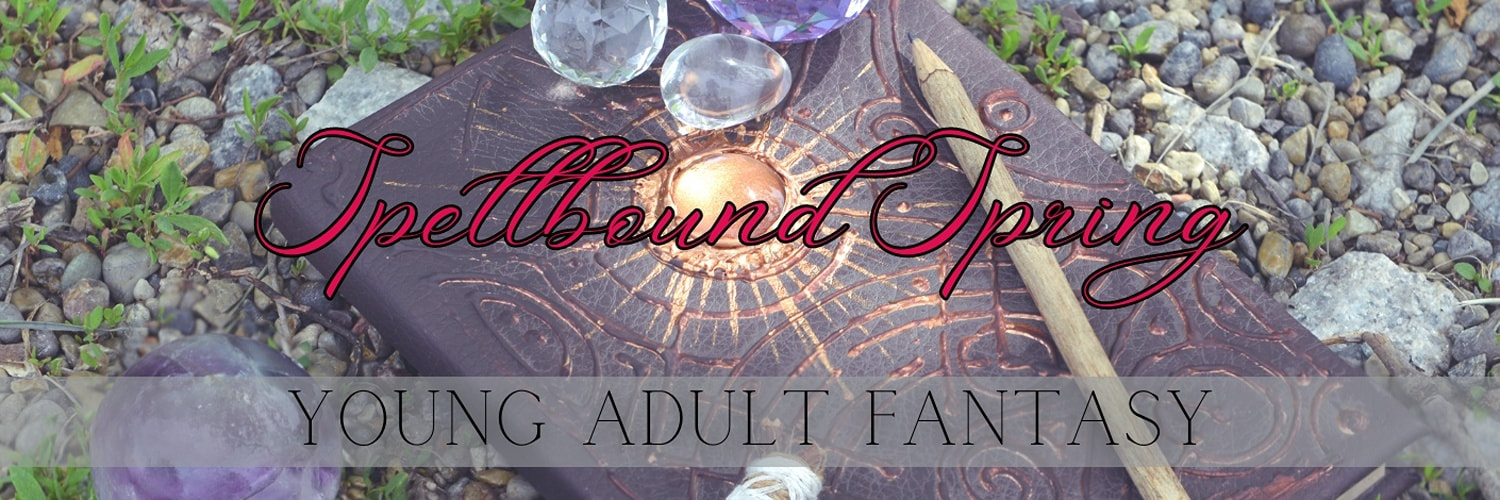
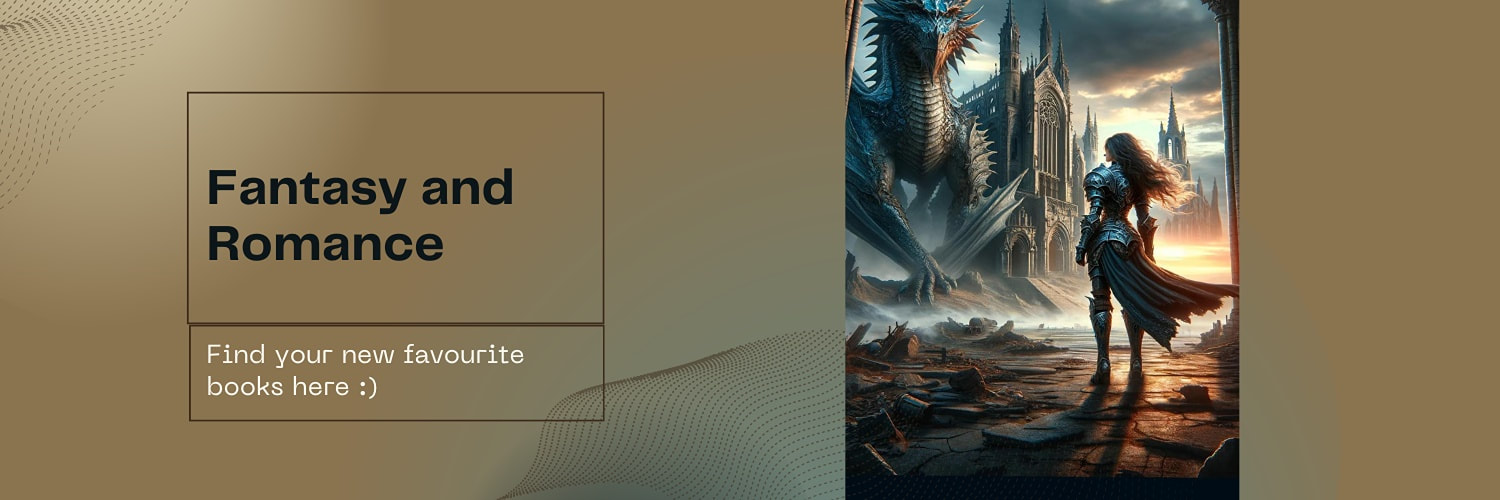
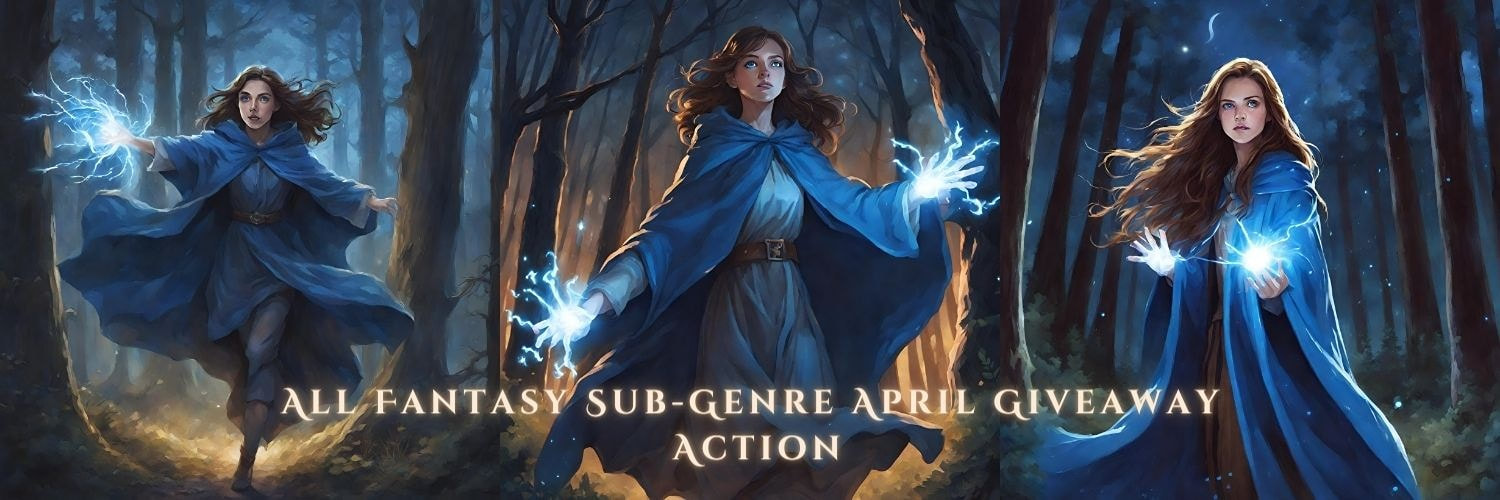
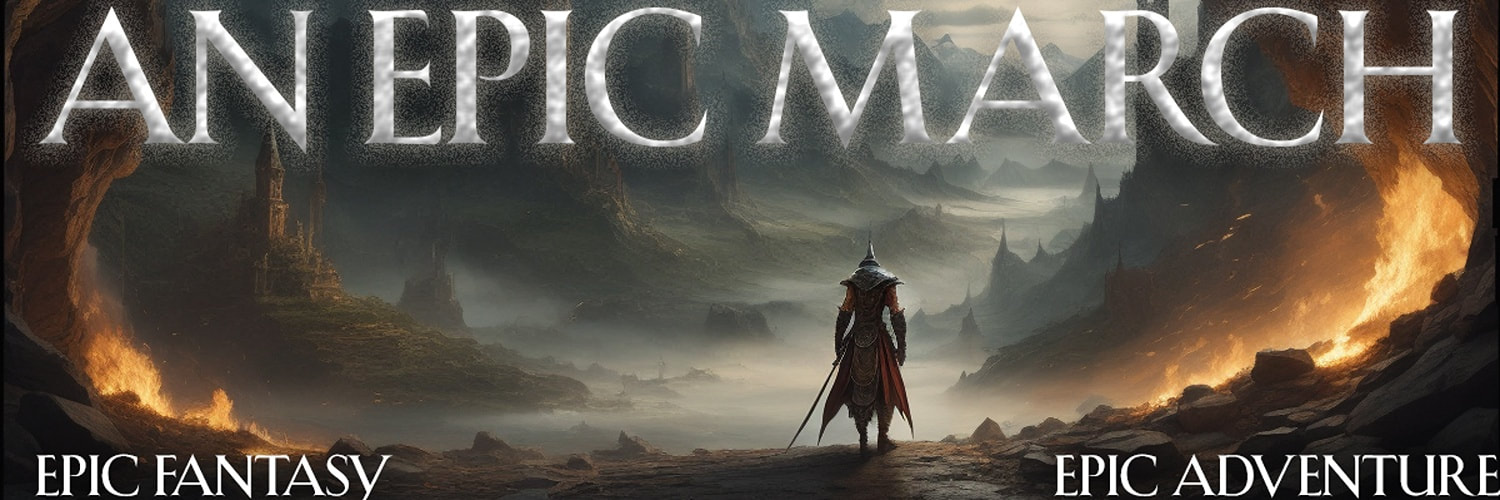
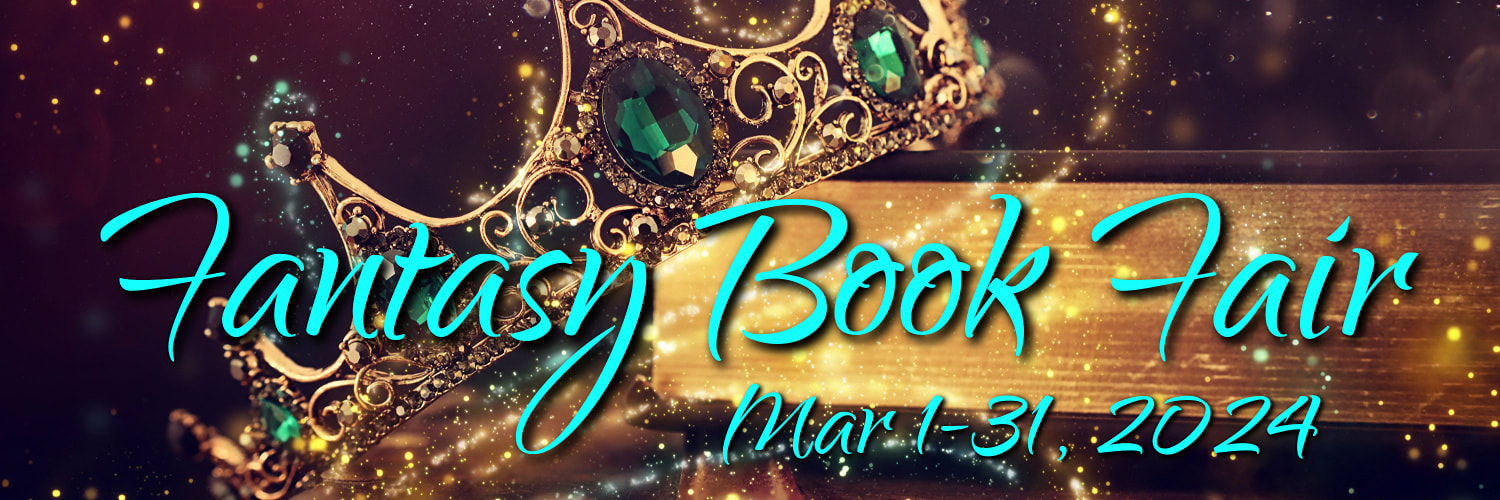
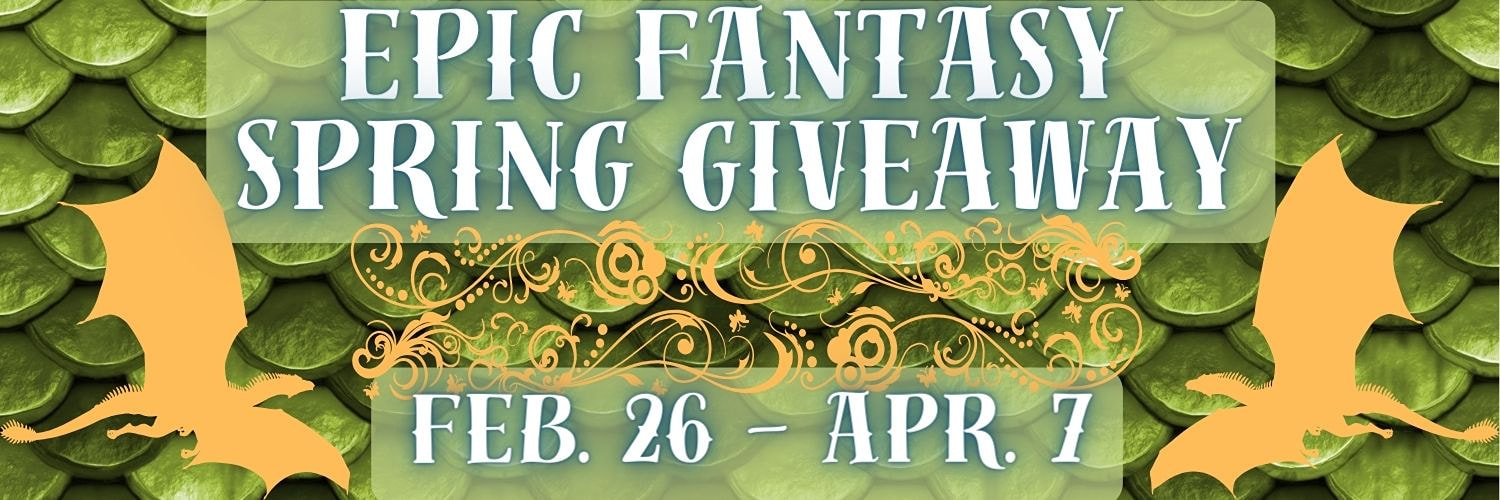
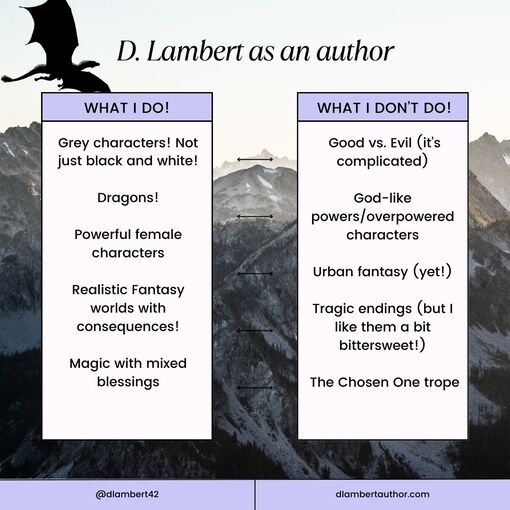
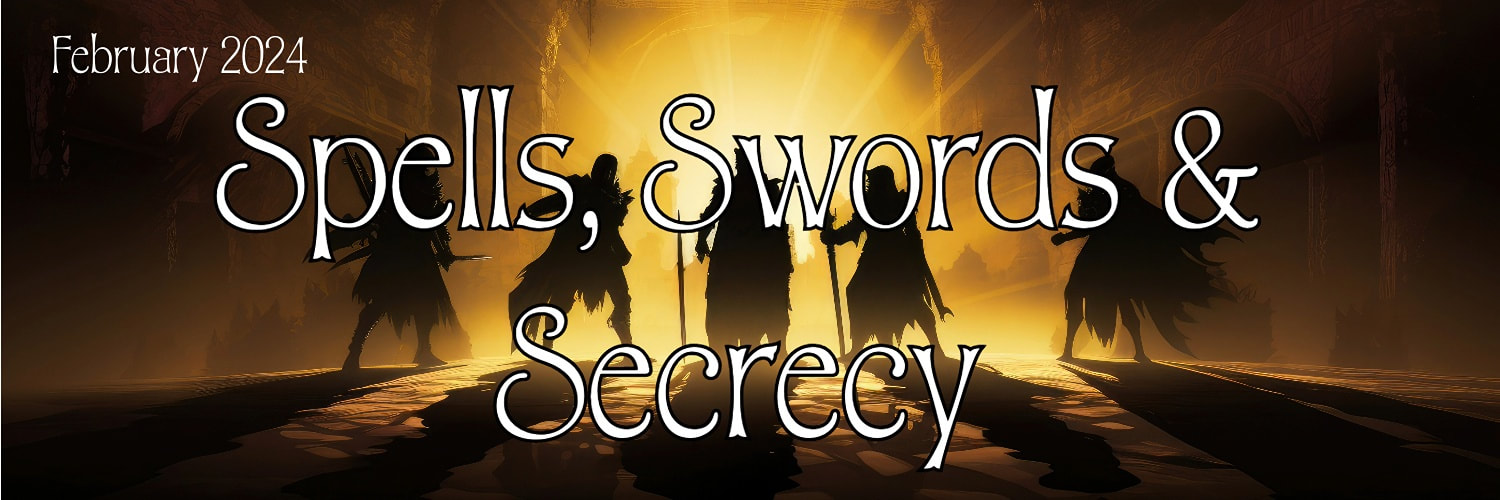
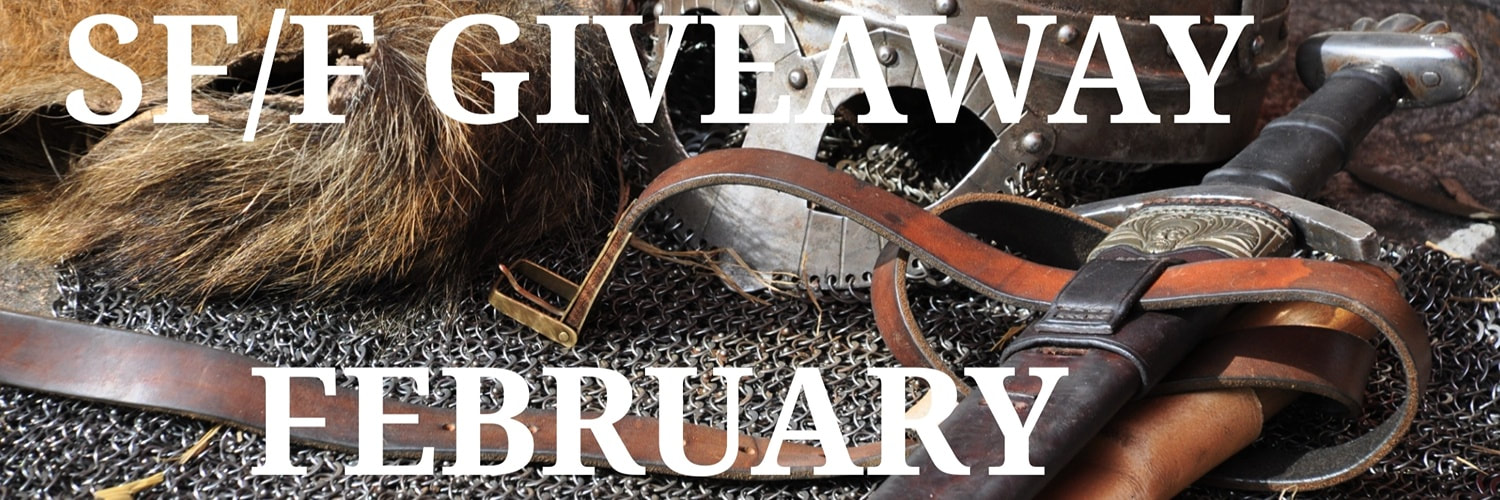
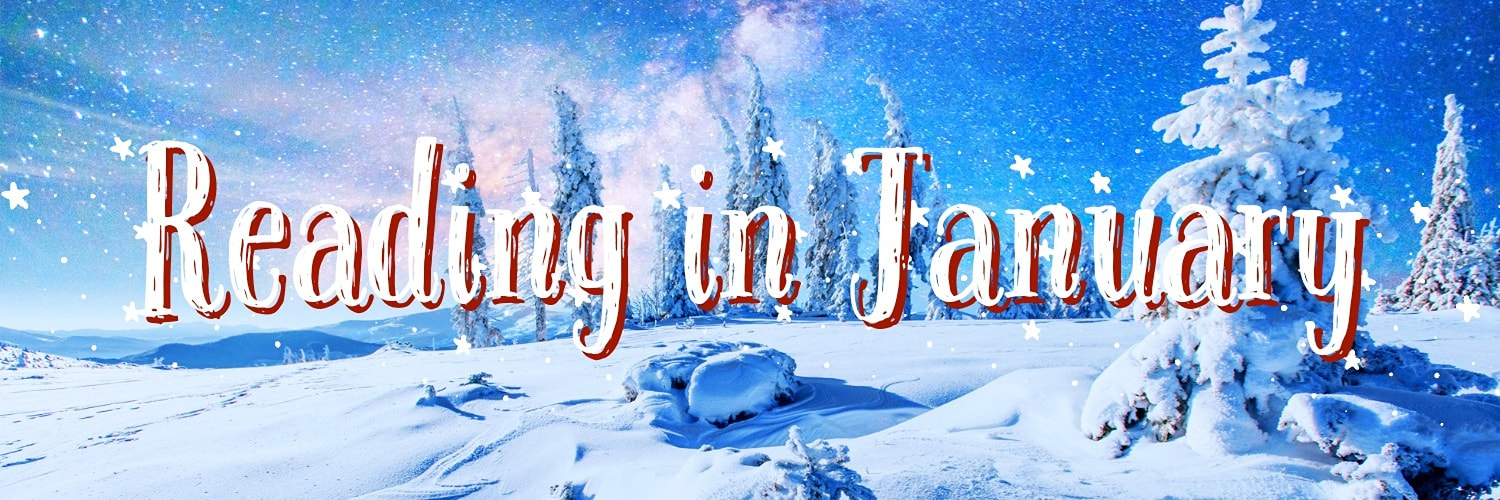
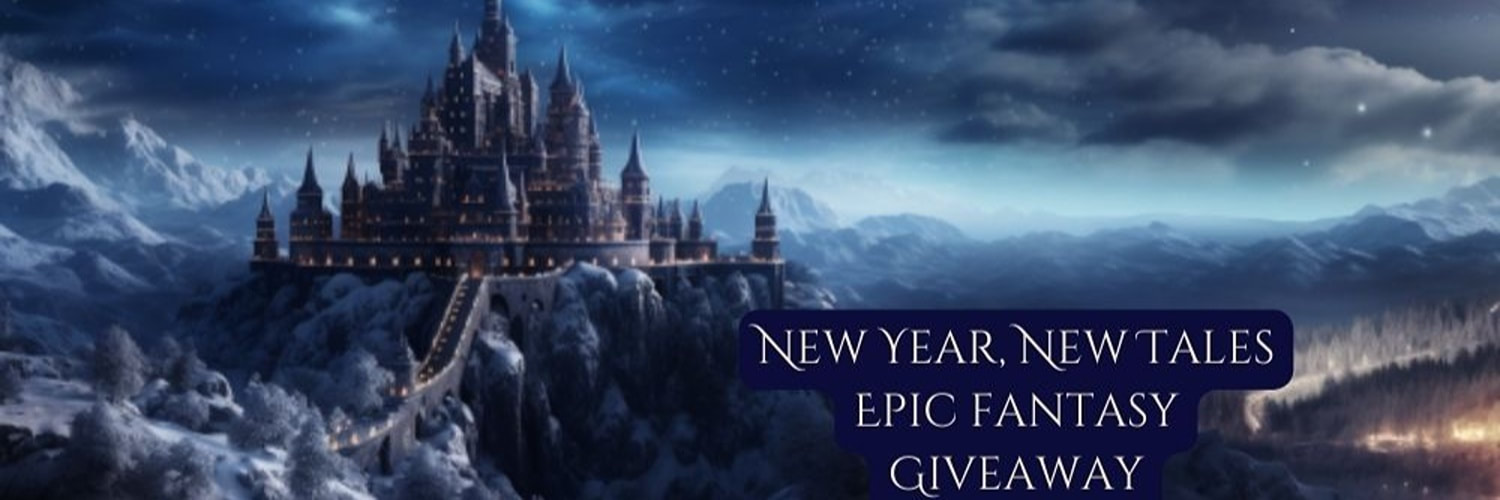

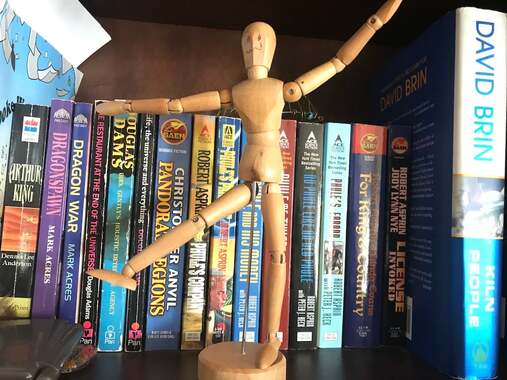



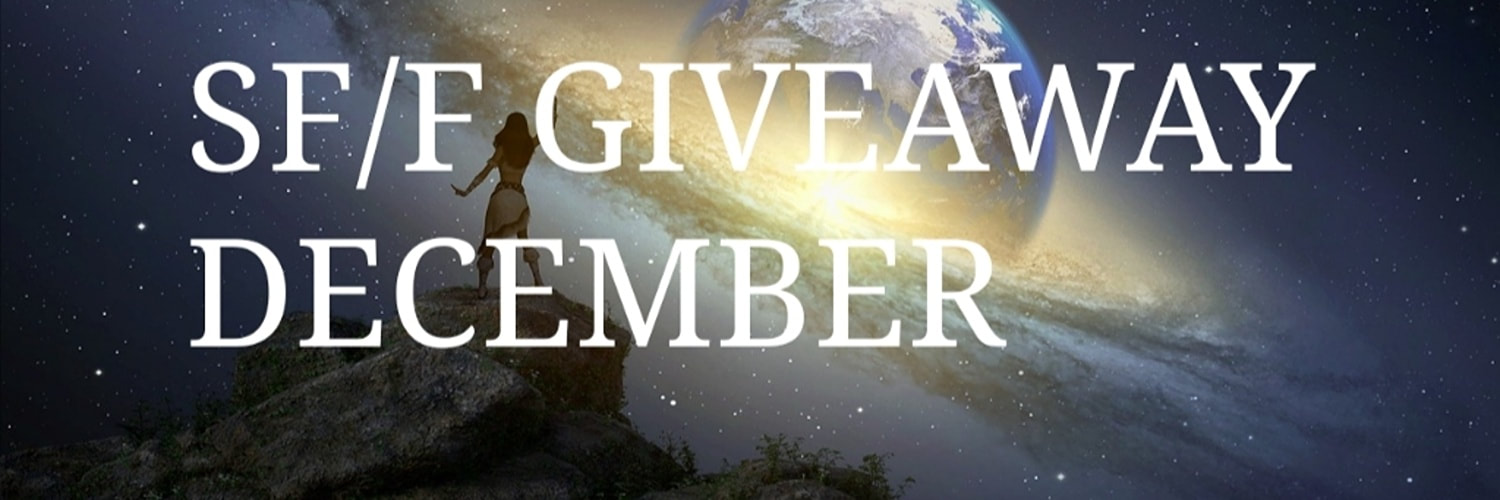

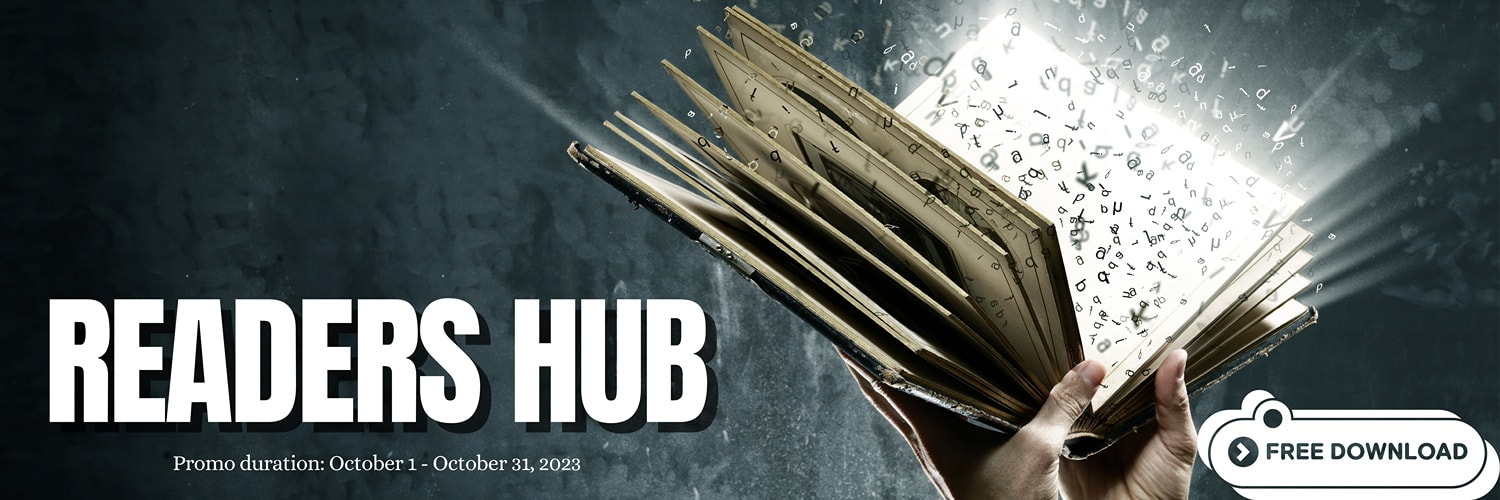
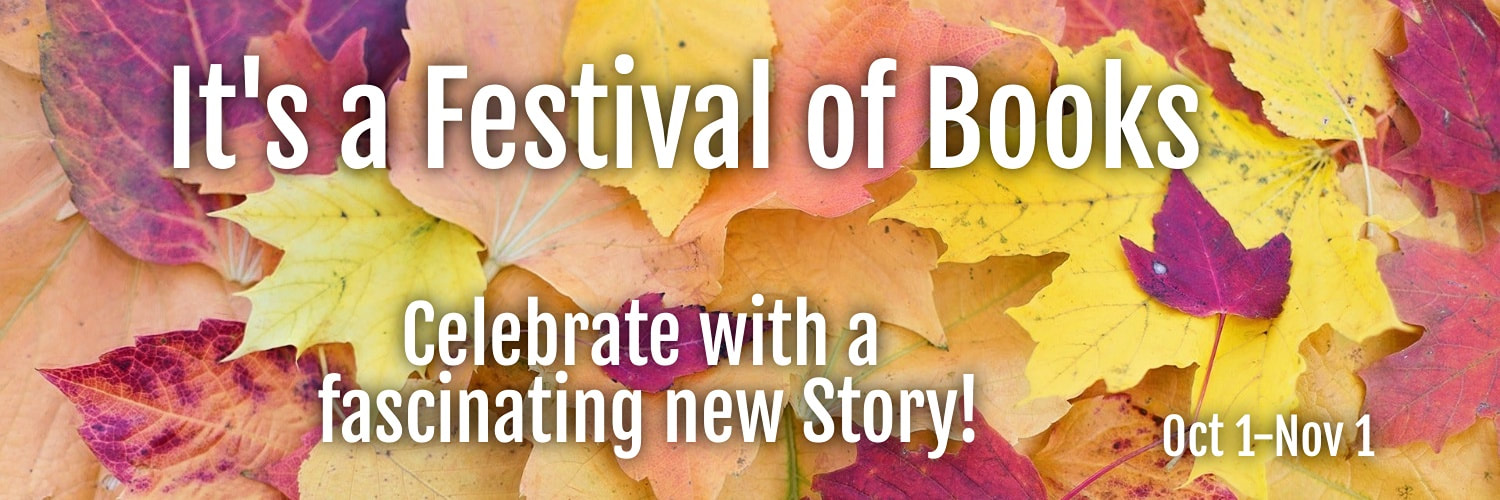

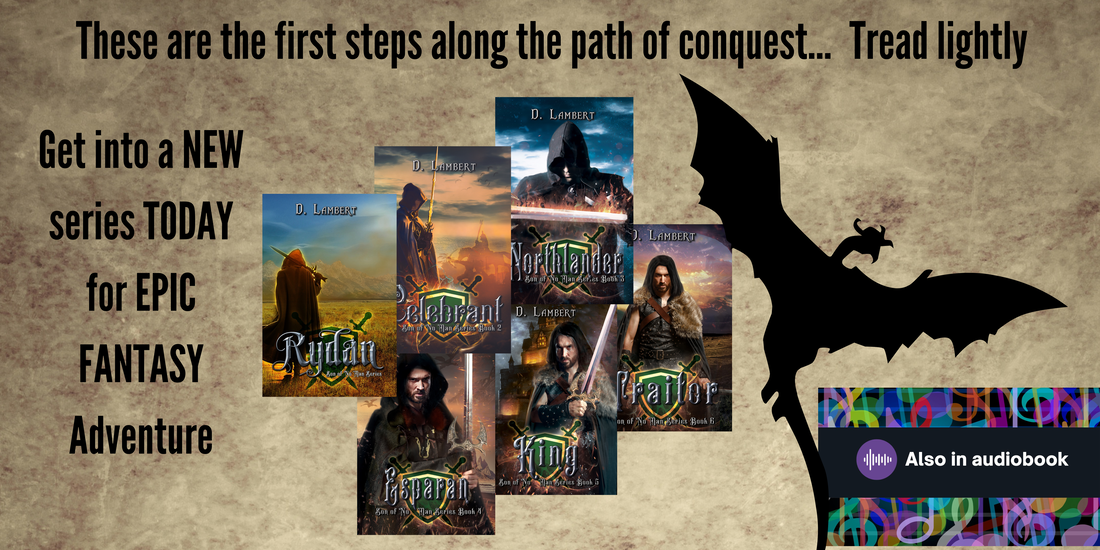
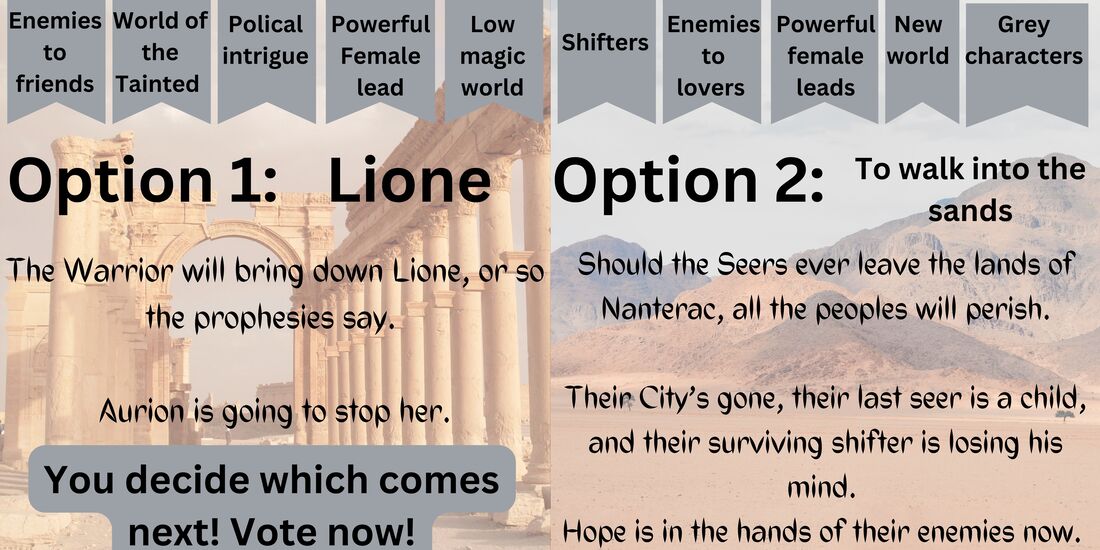
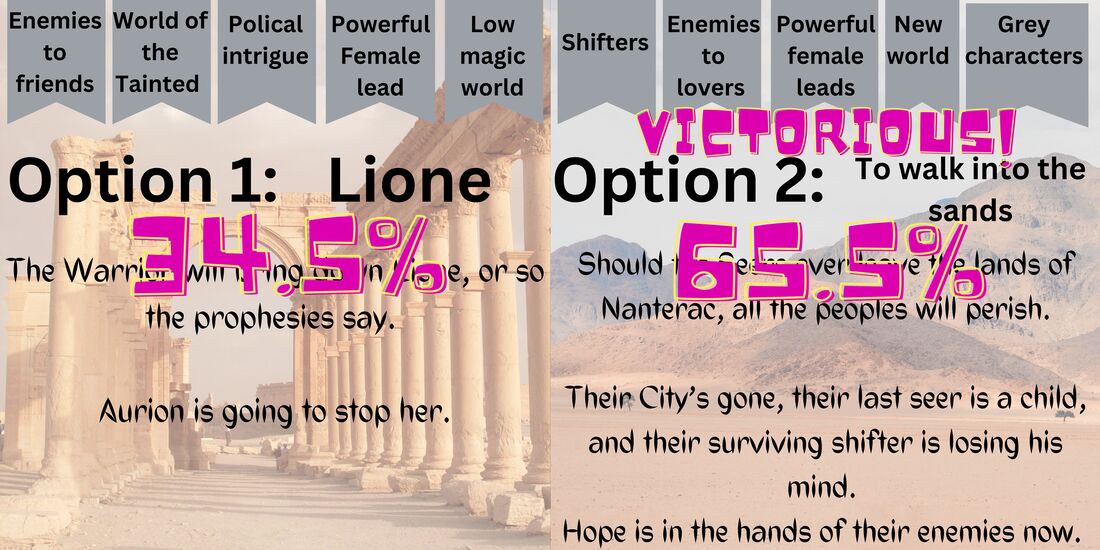

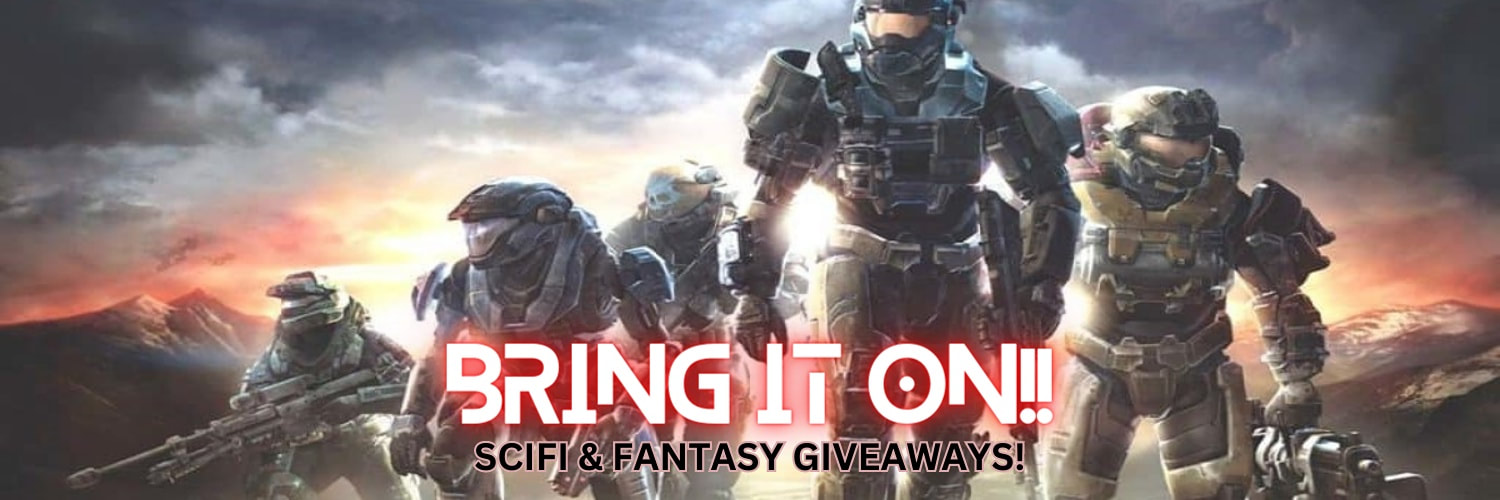
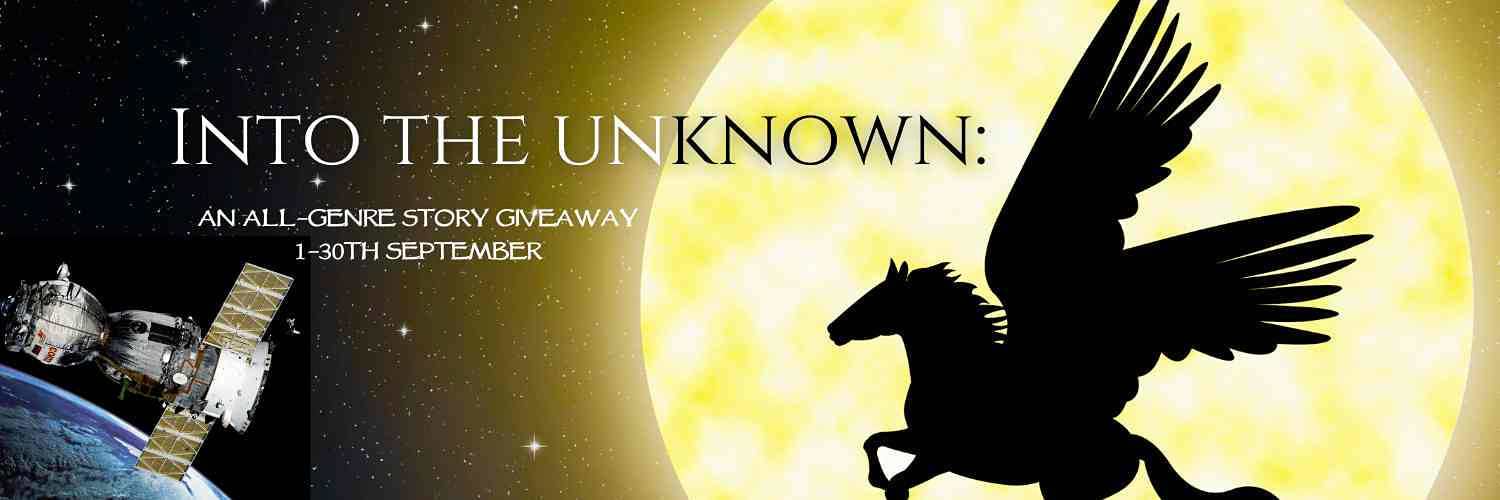
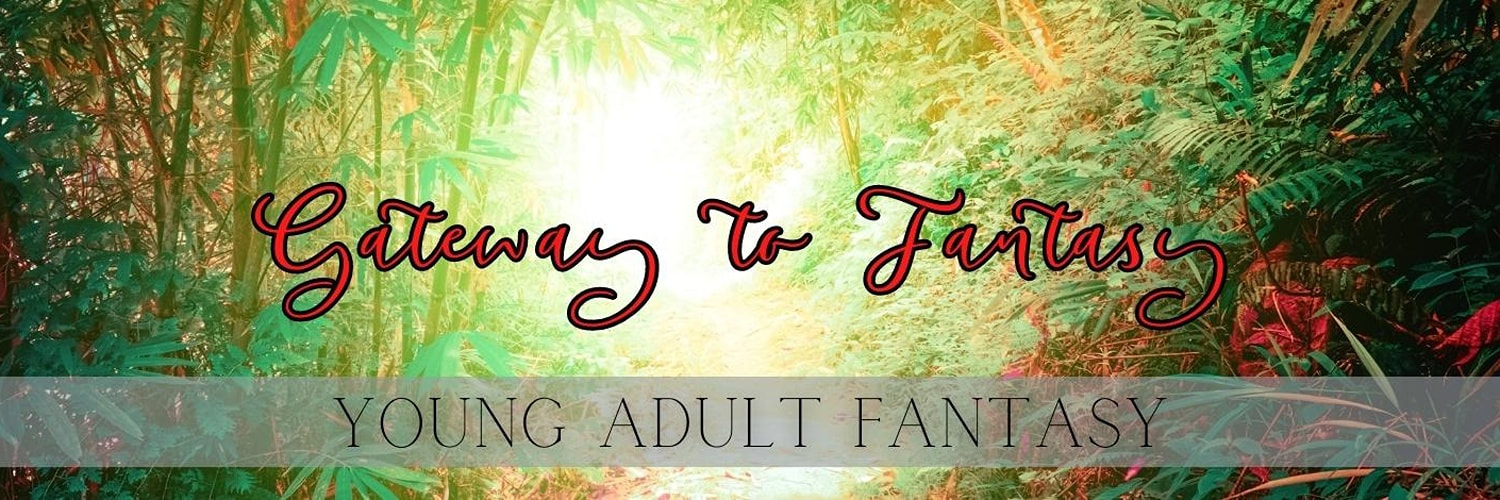
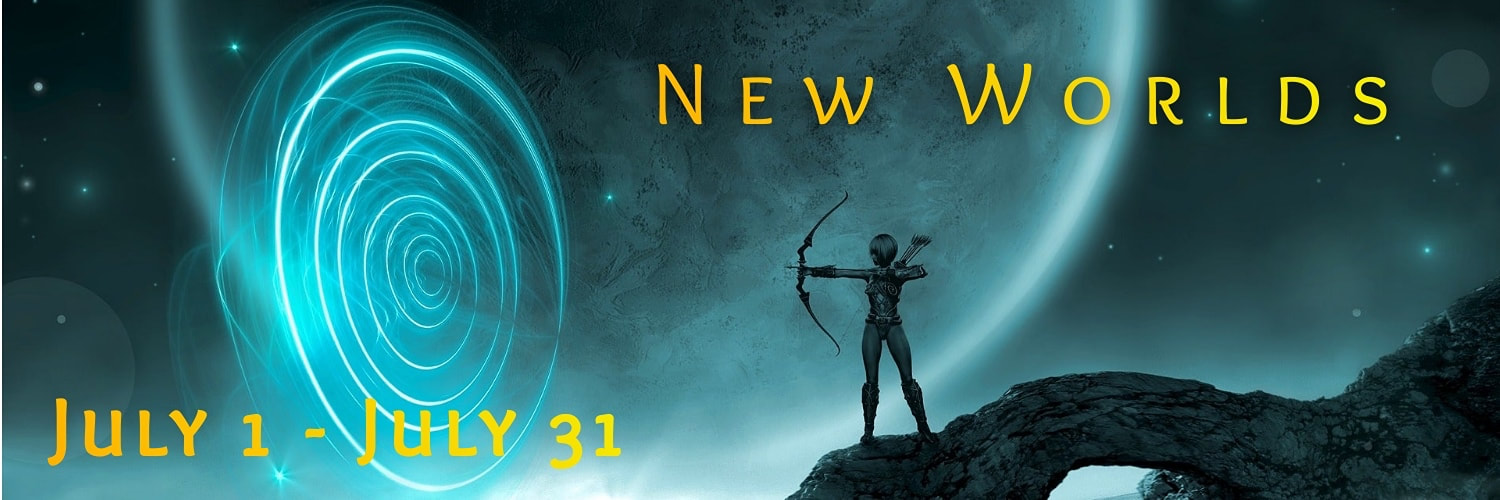
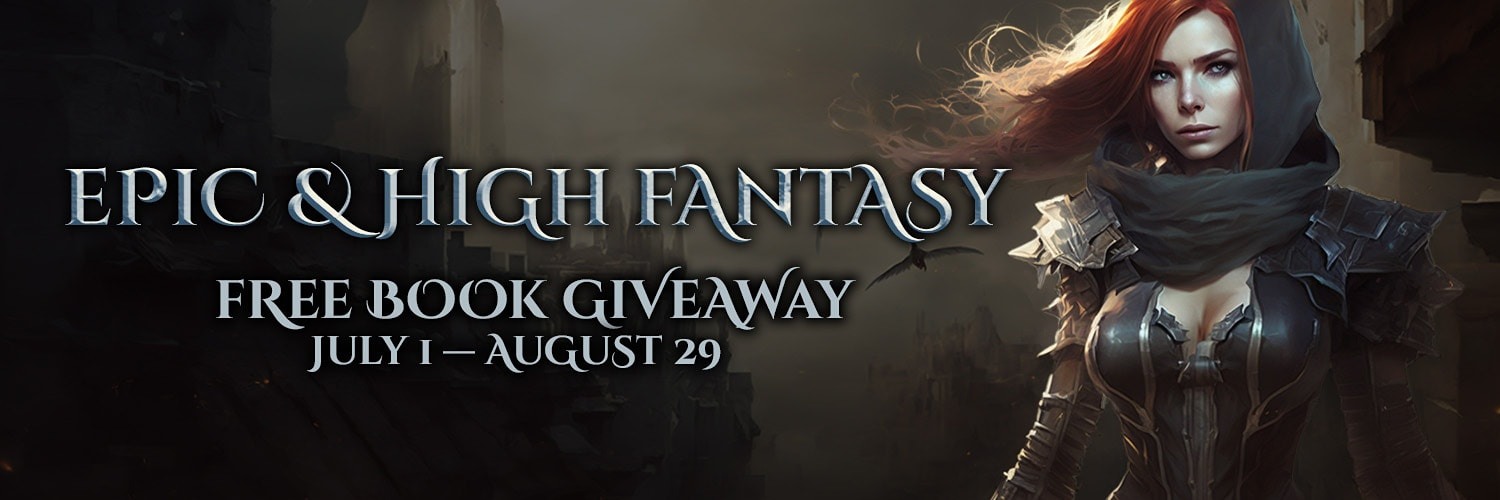

 RSS Feed
RSS Feed